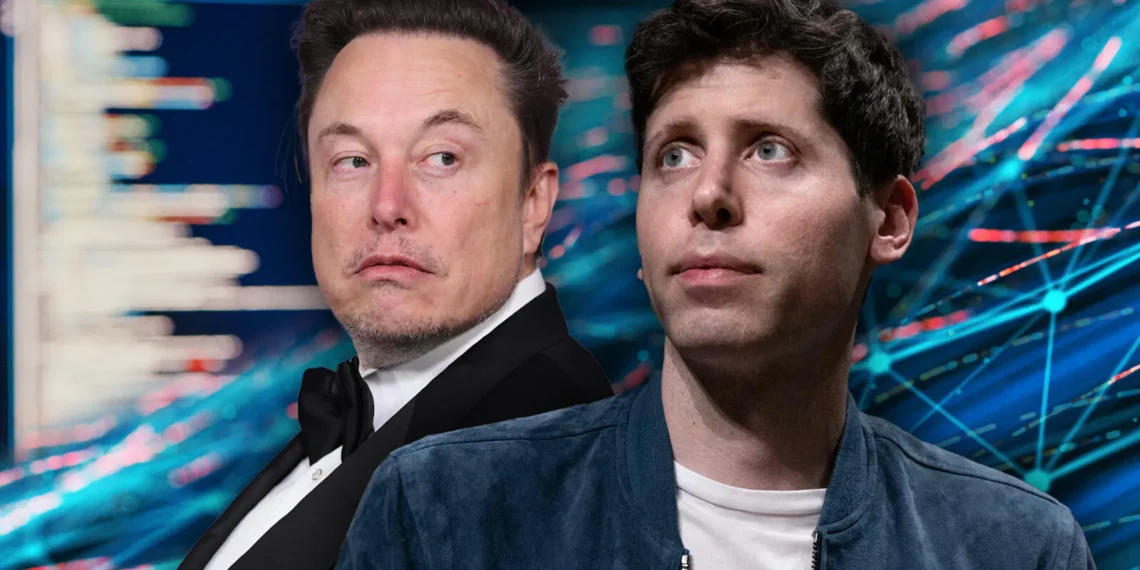Elon Musk is back in the headlines with a bold attempt to purchase OpenAI—the same company he sued twice in 2024. Reports have now emerged that Musk, alongside a powerful group of investors, offered a staggering $97 billion to acquire OpenAI, hoping to wrest control from CEO Sam Altman and restore it to its nonprofit roots. But in a move that has set social media on fire, Altman flatly rejected Musk’s offer, responding with a curt “No, thank you.”
According to reports Musk’s legal team, led by Marc Toberoff, argued that if OpenAI wants to operate as a for-profit company, it must fairly compensate the nonprofit sector for relinquishing control of its groundbreaking AI technology. This statement reflects Musk’s ongoing battle to prevent what he sees as corporate exploitation of AI—a fight that has already led him to sue OpenAI twice in the past year.
But Altman didn’t just say no—he clapped back on Musk’s own platform, X, with a cheeky counteroffer: “No thanks, but we’d be willing to buy Twitter for $9.74 billion if you’re interested.” The dig was an obvious reference to Musk’s controversial $44 billion takeover of Twitter in 2022, now rebranded as X. The exchange has sparked a frenzy online, with users debating whether Altman’s response was brilliant trolling or a subtle power move.
Read also: Elon Musk unveils AI Robot Chef that could replace human cooks forever
This latest twist in Musk’s feud with OpenAI follows a series of lawsuits he filed against the company in July and August 2024. Musk first sued OpenAI for abandoning its original mission, accusing the company of prioritizing profit over the broader good of humanity. He claimed OpenAI’s work was being hijacked by corporate interests, a direct contradiction to its founding principles. The legal war escalated when Musk filed a second lawsuit, this time accusing OpenAI of racketeering and recklessly racing to develop artificial general intelligence (AGI) for financial gain.
Musk’s fight against OpenAI is deeply personal. As a co-founder and early financial backer, he played a key role in shaping the company’s nonprofit vision. However, his increasing dissatisfaction with OpenAI’s pivot to a “capped-profit” model led him to distance himself from the organization. Musk has been vocal about his fears that OpenAI’s leadership could misuse its influence over AI technology, warning of the dangers of unchecked power in the hands of a few.
With billions at stake and AI’s future on the line, the Musk-Altman rivalry is far from over.






